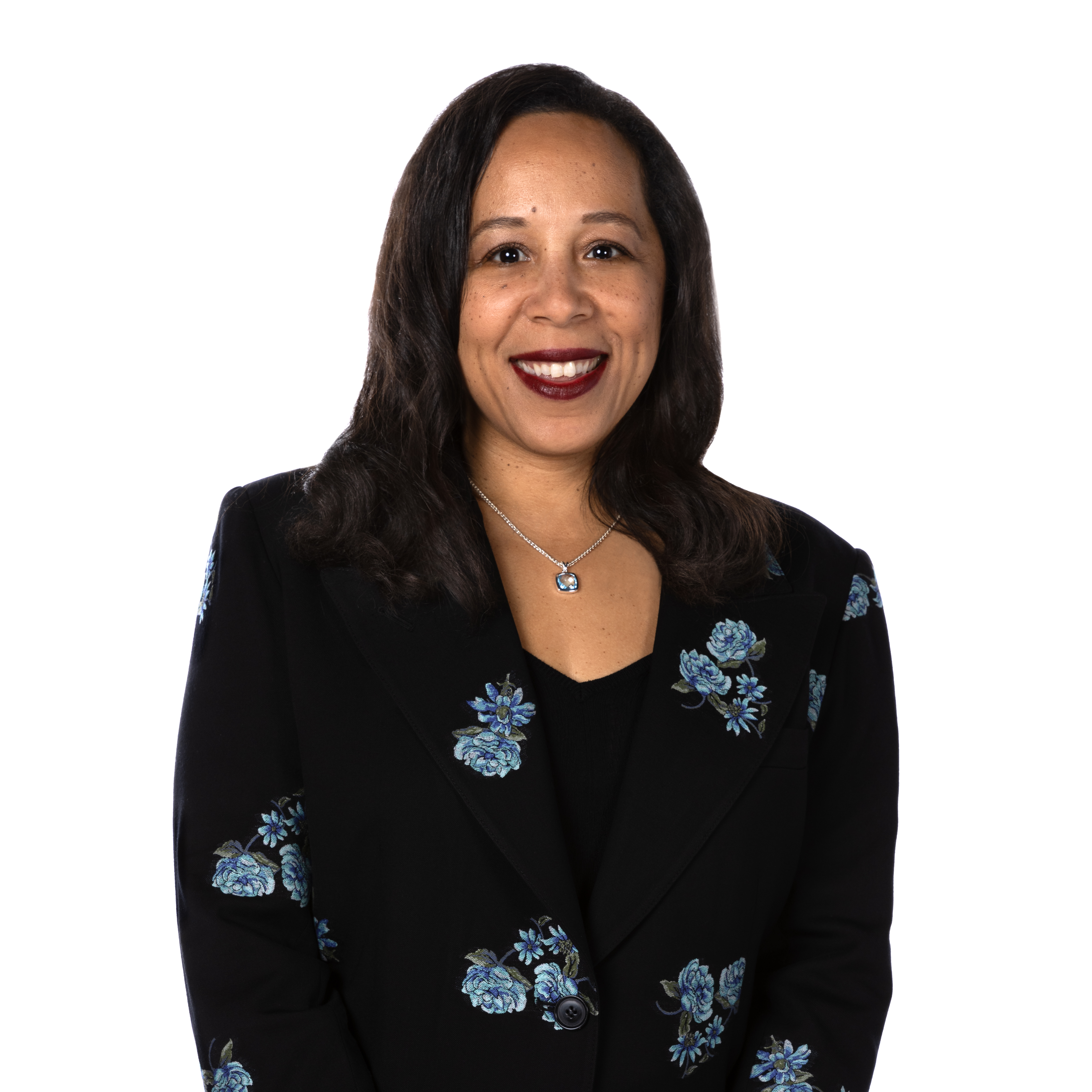ANA Brand Masters Conference 2024 Q&A with Katie Williams, Chief Marketing & PR Officer, Haleon U.S.

Haleon, spun off from GSK just a few years ago, is essentially GSK's DTC portfolio if I understand correctly.
What is the fundamental difference between the two when it comes to marketing, and what is the biggest challenge, or opportunity, as CMO of Haleon? Is it as simple as B2C vs. B2B?
Kate Williams: Haleon was born in July 2022 as the first stand-alone consumer healthcare company in the world -- home to iconic and beloved brands like TUMS, Sensodyne, Advil, Centrum, and more. As an organization now separated from a pharmaceutical parent, we have new ambitions and expectations for how we connect and resonate with consumers. We are excited to move faster on priorities like digital transformation and acceleration of our creative capabilities.
From my perspective, the biggest challenge for any marketer now, regardless of industry, is the sheer magnitude and pace of change. It is relentless. For example, the explosion of technology we've seen in the last year alone has come with its own set of navigational challenges from simple questions such as how to incorporate it into our day-to-day to more complex ones like how to do so effectively and ethically.
However, the explosion of new data and technology is also a huge opportunity, empowering us to reach consumers where they are, to improve and customize their products and content, and evolve the ways we connect with them. As a consumer health company, this shortens the pathway for how we can best meet consumer needs and aid people in their personal health journeys, making our mission to deliver better everyday health more tangible.
At the ANA Brand Masters Conference in April, you'll be speaking about "Driving the Development of Purposeful Brands with Humanity", as Haleon leads on "reimagining everyday health". With your own deep roots in the CPG world including stints at Mondelez; Kraft; P&G, what's your take on the Brand Purpose debate the industry is having these days? P&G and Unilever seem to be on opposite ends of the spectrum on this topic.
Williams: Everything we do at Haleon, from marketing to innovation and beyond, is in service of our purpose to deliver better everyday health with humanity. That means doing everything in our power to make health more inclusive, accessible, affordable, attainable, and sustainable.
At Haleon, we believe that delivering on our purpose -- to deliver better everyday health to more people -- is not in conflict with our growth agenda. In fact, realizing our purpose is a critical component to delivering on our business goals.
Delivering everyday health with humanity and doing that in an inclusive way -- that is who we are, how we operate and how we grow. It's our long-term business strategy.
A key point of your presentation is based on Haleon's focus on both purpose and growth. Are these goals always complementary? Are they ever at odds with each other and how does one approach resolving any conflict between the two?
Williams: A modern approach to marketing demands that we listen to consumers, meet them where they are, and deliver solutions that meet their needs. As Gen Z gains more spending power, we're seeing that this generation, more than any other, is demanding the brands they interact with to act with a mindset that incorporates purpose and a share value system. And we're seeing this in the results of our campaigns.
At Haleon, we believe that building brands infused with purpose not only means having a strong assertion of a commitment but following it with real action. For example, one of our key focus areas is to make health care more inclusive. We do this to live our purpose of delivering better everyday health with humanity, but also because we understand that younger and more diverse consumers are driving growth across many of our portfolios.
As a result, we are actively involved in programs that make sure our content is culturally relevant and as inclusive as possible. We know that in doing so we can advance both goals.
Advil's custom content partnership with diverse-owned media company Urban One & MadameNoire is a perfect example of where purpose and growth align. The content we co-created saw respondents to a brand lift study indicate 80% "favorability" of the brand video content and 60% "more likely to purchase" after seeing the content. The content was relevant and authentic; it featured Sora Rochon, an African American female park skater) and showcased the Advil brand as an integral part of her recovery routine allowing her to skate more fearlessly, as well as address the importance of representation in skating.
Flonase is another case study of success where they partnered with media company NGL to create an award-winning Latino cultural spin on Flonase's "Allergy Monsters" delivering a 5% increase in growth for Hispanic audiences, a 7% increase in brand favorability, and a 15% increase in brand consideration.
The key lesson? Culturally relevant, custom content drives the most brand impact.
Click the social buttons to share this story with colleagues and friends.
The opinions expressed here are the author's views and do not necessarily represent the views of MediaVillage.org/MyersBizNet.

